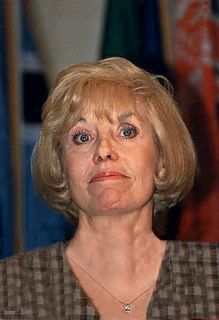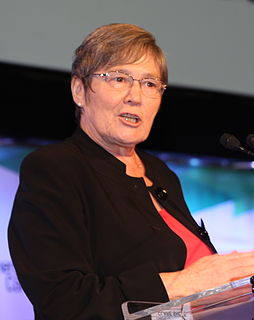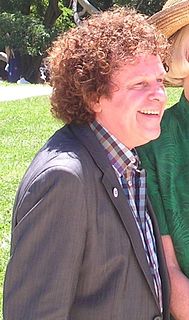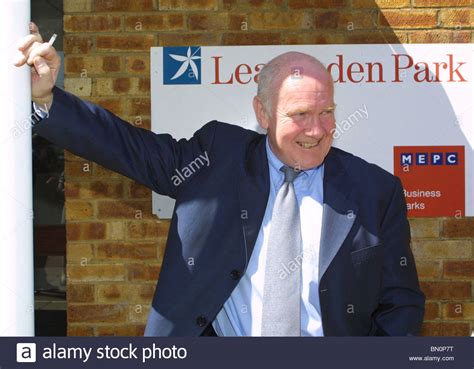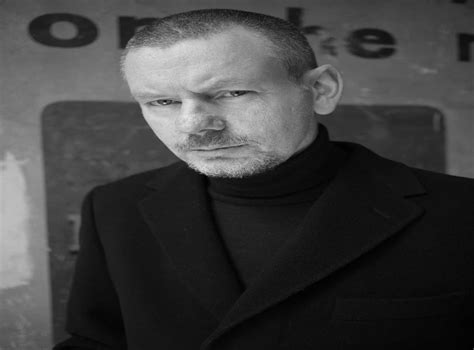A Quote by Betty Williams
Men, once enemies, are now jointly governing in Northern Ireland. And although there have been several hitches, by and large it's working well.
Related Quotes
What were once only hopes for the future have now come to pass; it is almost exactly 13 years since the overwhelming majority of people in Ireland and Northern Ireland voted in favour of the agreement signed on Good Friday 1998, paving the way for Northern Ireland to become the exciting and inspirational place that it is today.
I felt when I was elected that the most important task on this island [Ireland] was to extend the hand of friendship right across the board to the people of Northern Ireland, to have the beginnings of a real peace process. In consequence, although I have no role in intergovernmental talks or political discussions, that would be my very top priority.
